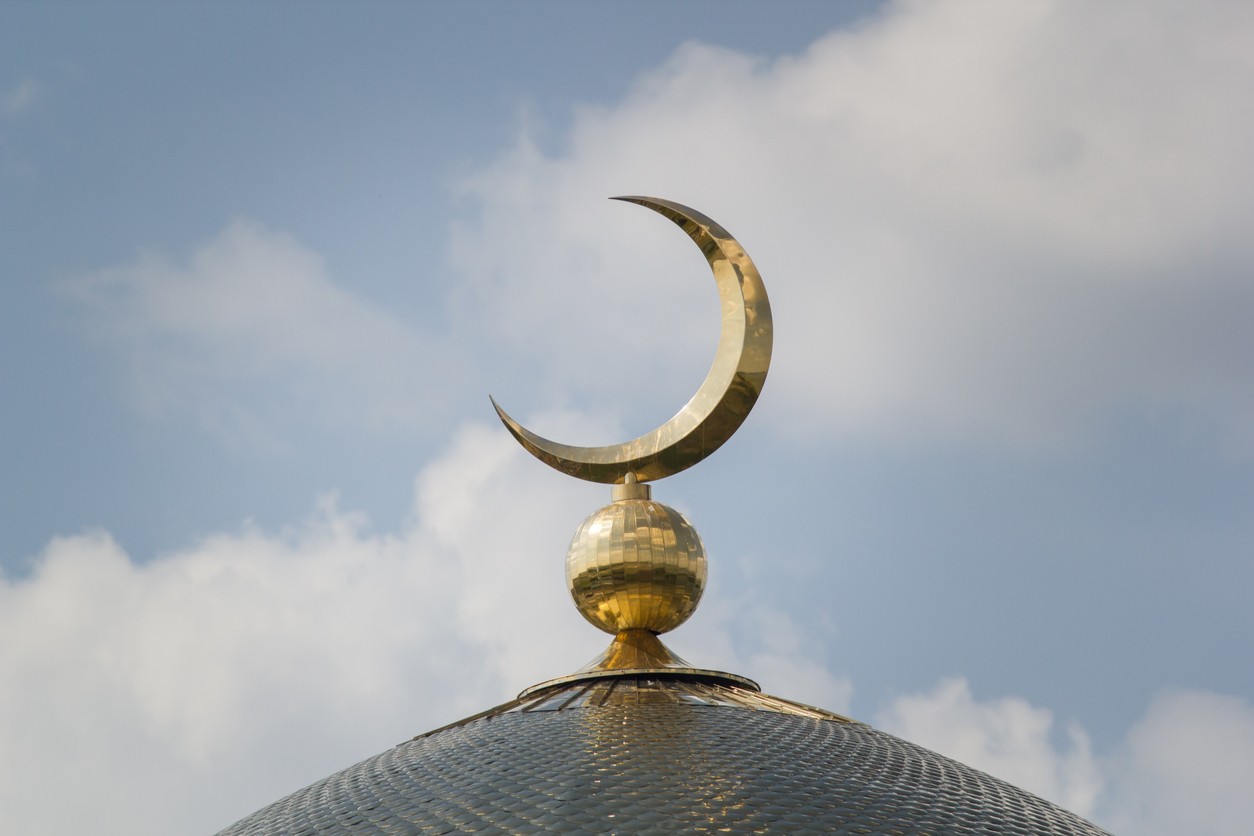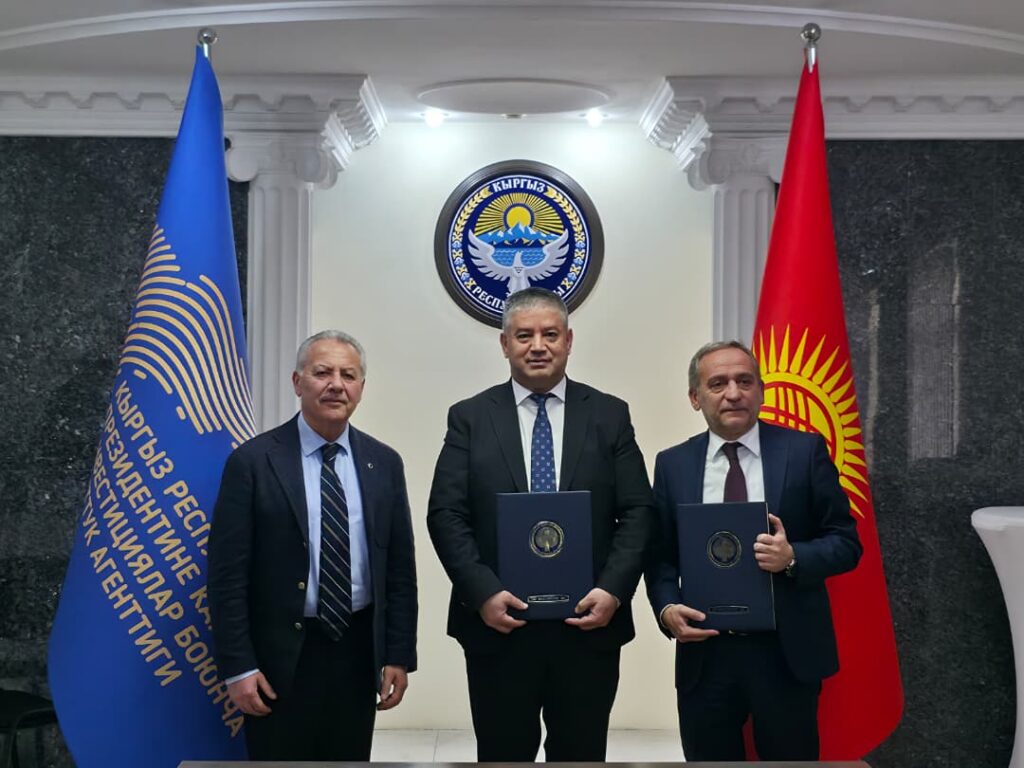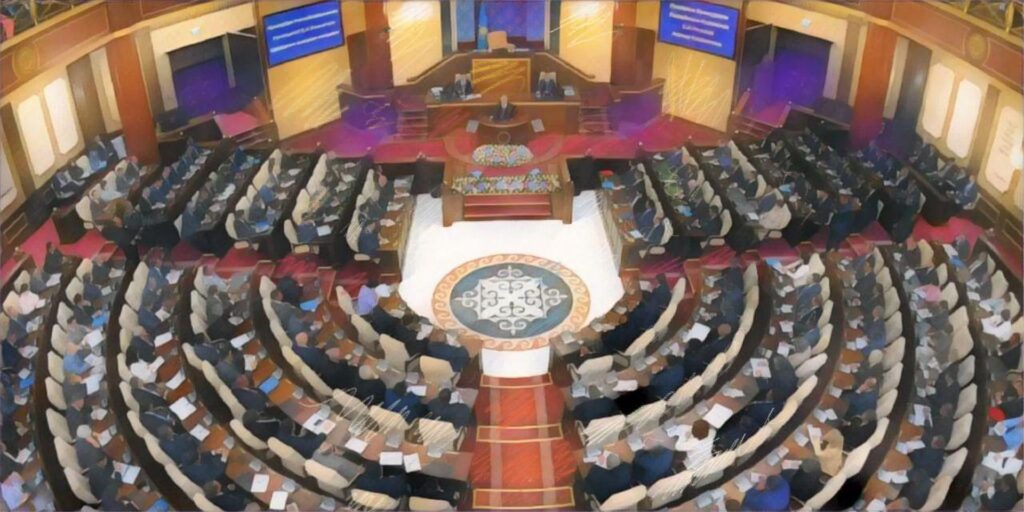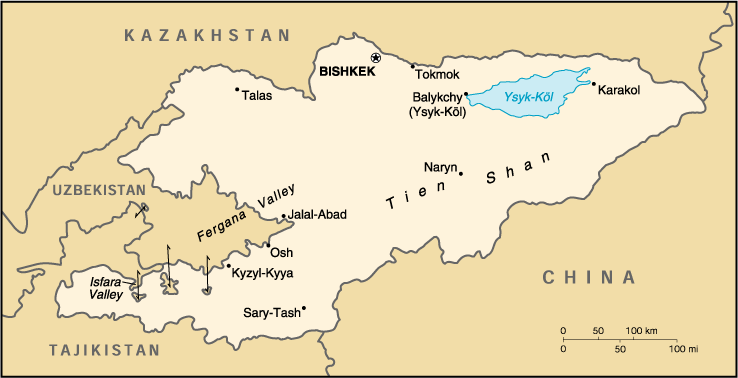The Kyrgyz government has introduced a new regulation requiring government approval for the construction of mosques. Azamat Yusupov, the director of the State Commission on Religious Affairs (SCRA), announced the policy during a meeting of the Jogorku Kenesh, Kyrgyzstan’s parliament.
Yusupov revealed that over 1,000 religious institutions in the country are currently operating without proper authorization. Of these, around 800 have been officially registered, while approximately 120 mosques remain unregistered.
“In the past, mosques were often built first and registered later. Going forward, construction must be pre-approved by state authorities to ensure legal compliance. We will evaluate the necessity of building a mosque in any given area before granting permission,” Yusupov stated.
The Kyrgyz parliament is also deliberating a draft law entitled “On Freedom of Religion and Religious Associations.” Prepared by the SCRA, the bill aims to address inconsistencies in existing legislation. The proposed law consists of six chapters and 40 articles, covering a range of issues related to religious freedom and regulation.
Key provisions of the draft law include:
- Mandatory registration of religious sites.
- A prohibition on combining public service with religious activities.
- Restrictions on wearing clothing that hinders personal identification.
- Regulations governing the operations of religious organizations.
- A ban on interference by religious groups in state affairs.
President Sadyr Japarov has engaged with government officials and religious leaders to discuss the draft law, stressing the importance of balancing the interests of all societal groups while safeguarding national security and citizens’ rights.
The finalized version of the draft law will soon be presented to the Jogorku Kenesh for consideration and approval. If enacted, these changes are expected to significantly reshape how religious organizations operate in Kyrgyzstan
It is not yet clear how ordinary believers will react to the innovations. For example, last year, the Spiritual Administration of Muslims of Kyrgyzstan, which is in line with state policy, reacted sharply to an attempt to initiate a bill banning burkas and beards. Since 2021, the country’s authorities have been attempting to strengthen the secular foundations of the state by trying to establish control over various religious organizations. However, this has not prevented certain politicians from harnessing the growing religiosity of the population for their own purposes.
In terms of the number of mosques per believer, Kyrgyzstan is ahead of all Central Asian countries, with 3,593 throughout the country. The largest number of mosques is in Osh Province (1,063), the smallest in Naryn Province (194). There are 46 mosques registered in Bishkek and 89 in Osh. Kyrgyzstan also has 220 religious educational institutions, most of which operate in Osh Oblast. Such data is provided by the State Commission on Religious Affairs of the Kyrgyz Republic.









